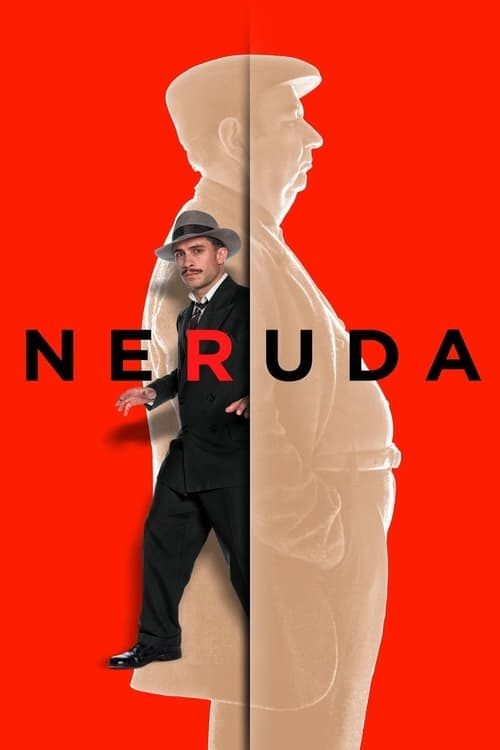
 Disclaimer - This is a news site. All the information listed here is to be found on the web elsewhere. We do not host, upload or link to any video, films, media file, live streams etc.
Kodiapps is not responsible for the accuracy, compliance, copyright, legality, decency, or any other aspect of the content streamed to/from your device.
We are not connected to or in any other way affiliated with Kodi, Team Kodi, or the XBMC Foundation.
We provide no support for third party add-ons installed on your devices, as they do not belong to us.
It is your responsibility to ensure that you comply with all your regional legalities and personal access rights regarding any streams to be found on the web. If in doubt, do not use.
Disclaimer - This is a news site. All the information listed here is to be found on the web elsewhere. We do not host, upload or link to any video, films, media file, live streams etc.
Kodiapps is not responsible for the accuracy, compliance, copyright, legality, decency, or any other aspect of the content streamed to/from your device.
We are not connected to or in any other way affiliated with Kodi, Team Kodi, or the XBMC Foundation.
We provide no support for third party add-ons installed on your devices, as they do not belong to us.
It is your responsibility to ensure that you comply with all your regional legalities and personal access rights regarding any streams to be found on the web. If in doubt, do not use.
 Kodiapps app v7.0 - Available for Android.
You can now add latest scene releases to your collection with Add to Trakt. More features and updates coming to this app real soon.
Kodiapps app v7.0 - Available for Android.
You can now add latest scene releases to your collection with Add to Trakt. More features and updates coming to this app real soon.

**Chile's own catch me if you can!** It was Chile's Oscars pick. It made into Golden Globe, but not the Oscars. After I disliked his previous film, looks Larrain back in action. Though, not entirely. This was a biopic, more or less a Chilean version of 'Catch Me If You Can' with a less intensity in its contents. If you are a fan of this director's narration then you might enjoy it. But I thought it was a little boring, due to slow moving story. Especially, half of the film was a background narration than the direct dialogues between the characters. The issue was, it was like someone in the bed, ill and they are narrating a tale. Too low voice like whispering which is equal to lullaby. On the other hand, now and then there were some fine scenes. It was a cat-mouse game. But nothing thrilling enough like you would expect from a cop chasing a bad guy films. The story was not deep or detail. Only those limited life events of Neruda were present on the screen. Most of them were silly ones, or maybe made it to look like that way. That's why it felt like a dark comedy. From the cop's perspective, don't expect like Sherlock Holmes level. The cast was good. The locations too, but not those projectors clips for backgrounds during vehicles scenes. So just an above average film. Though should have been better. **6/10**

The film chronicles the rise and fall of the world's most feared drug lord Pablo Escobar and his volatile love affair with Colombia's most famous journalist Virginia Vallejo throughout a reign of terror that tore a country apart.

Three generations of women in a Mexican American family experience sexual awakenings over the course of a summer.

A dramatic story, based on actual events, about the friendship between two men struggling against apartheid in South Africa in the 1970s. Donald Woods is a white liberal journalist in South Africa who begins to follow the activities of Stephen Biko, a courageous and outspoken black anti-apartheid activist.

In August of 1949, Life Magazine ran a banner headline that begged the question: "Jackson Pollock: Is he the greatest living painter in the United States?" The film is a look back into the life of an extraordinary man, a man who has fittingly been called "an artist dedicated to concealment, a celebrity who nobody knew." As he struggled with self-doubt, engaging in a lonely tug-of-war between needing to express himself and wanting to shut the world out, Pollock began a downward spiral.

A teenager's quest to launch Norwegian Black Metal in Oslo in the 1990s results in a very violent outcome.

The tale of an activist’s journey during the turbulent years of Martial Law, until his capture in the mountains and the dark, nine years of imprisonment that followed, leading to his birth as a poet.

Teacher Suman is adamant in not allowing his daughter Kamariah to follow in his footsteps as the field did not bring him blessings.

To his chagrin, young Marcel Pagnol and his family move back to their home in Marseilles, France, far from their pastoral holiday cottage in the hills. Determined, Marcel makes the long voyage back to the cottage on foot and lands himself in trouble. One day Marcel's father discovers a shortcut to the cottage, but it requires trespassing. Despite their trepidations, Marcel and his family begin using the secret trail to reach their cottage.

A chronicle of the life of 18th century aristocrat Georgiana, Duchess of Devonshire, who was reviled for her extravagant political and personal life.

Aurora Rumelin is happy because the noble writer Leopold Sacher-Masoch has asked for her hand. Little by little the marriage goes into crisis mainly because Leopold asks his wife to beat him before sexual relations and to treat him like a slave. Both spouses have lovers and, in the end, the marriage ends in divorce.